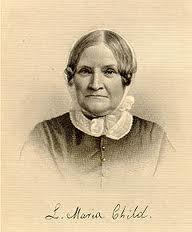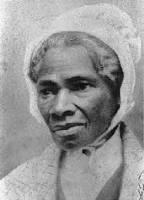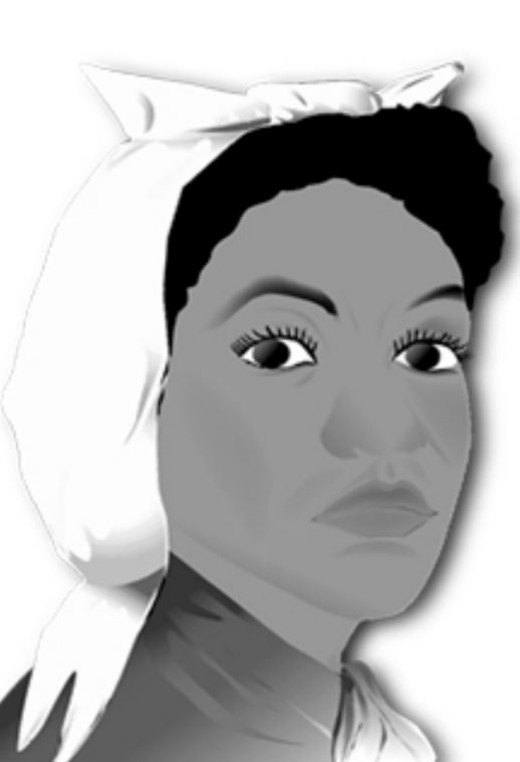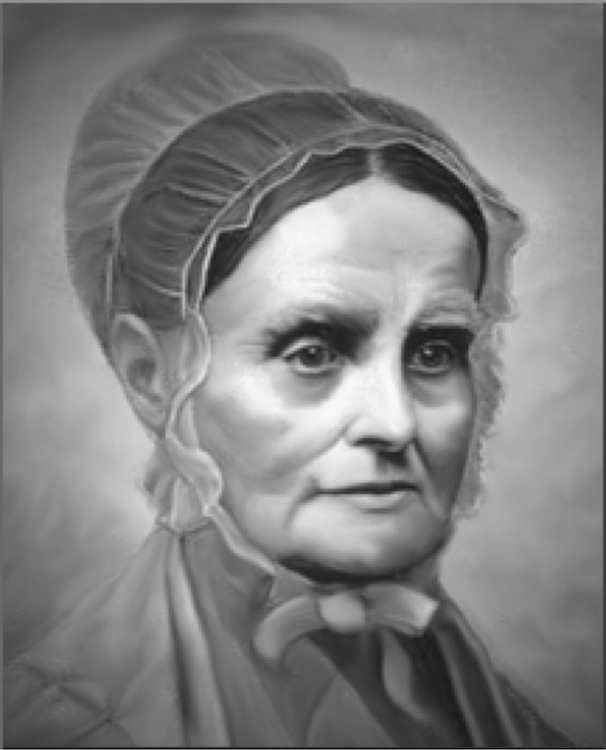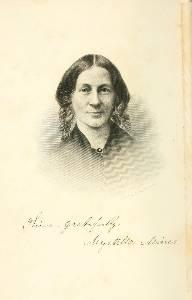Lydia Maria Child ranks among the most influential nineteenth-century women authors, and was one of the first American women to earn a living from her writing. She was renowned in her day as a crusader for truth and justice and a champion of excluded groups in American society – especially Indians, slaves and women. She then turned her energies to reform and became a leading abolitionist. Maria Child is probably best remembered today for the Thanksgiving children’s poem, “Over the River and Through the Woods.” But in her lifetime she published more than fifty books, plus short stories, poems and articles for periodicals. The North American Review, the leading literary periodical of the time, commented: “We are not sure that…
